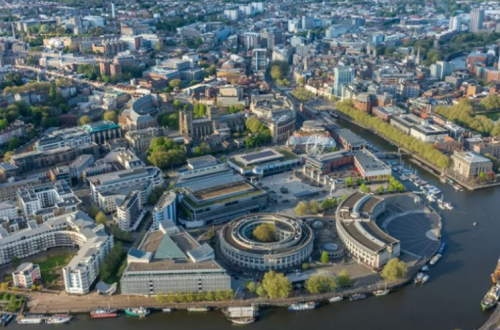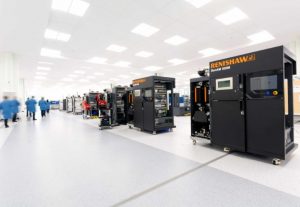Bristol mayor drops plans for controversial workplace parking levy

Bristol’s mayor has ruled out a controversial move which would have seen businesses charged for providing parking spaces for their staff.
Marvin Rees, who is stepping down in May after the role of mayor was abolished, has confirmed that plans for a workplace parking levy will not go ahead.
The levy would have been used to pay for transport schemes in the city but have been discounted due to the current economic conditions.
Marvin Rees announced the news in his personal blog.
He said: “We need to continue to transform the way that Bristolians can move around our city, by giving people an affordable, reliable alternative to their cars.
“When we looked at investing in a mass transit scheme, we identified one potential income stream is a Workplace Parking Levy. This would essentially serve as a surcharge on all drivers parking centrally while they’re at work.”
A workplace levy has existed in Nottingham since 2011/12, where the money goes into their tram system,
It now costs people in Nottingham around £500 a year to park at work, with eight-out-of-ten companies passing the costs directly onto their employees.
Rees said: “Such schemes are not without controversy. In 2012, the Federation of Small Business led a campaign against Bristol adopting a similar scheme.
“Some politicians – who oppose Bristol getting a mass transit system and so have nowhere truly significant to direct the funding, preferring instead to tinker around the edges with cycles of pet projects – continue to put the cart before the horse, just as they did when they called for the whole city to be covered by a charging Clean Air Zone before our administration had secured tens of millions of pounds of support for people. They were wrong then and they are wrong now.
“With high inflation during a national cost of living crisis, now is not the time to create more costs for people. Others will say that today is an ideal moment to hit teachers, nurses, and other Bristolians parking at schools, hospitals, and other workplaces in central Bristol for hundreds of pounds, if not even more. They are wrong. Bristol has, in recent years, like the rest of the world, seen major changes in working patterns during and following the pandemic.”
He added: “A study was done into the idea of a Workplace Parking Levy, which is lacking any modelling incorporating those major factors for its potential effectiveness.
“The council considers it, therefore, to be just a draft – a position endorsed by the Information Commissioner when we declined to publish it while it is still yet to be completed. This position has unfortunately since been overturned on a technical argument of law and so we are today publishing that draft report. It remains incomplete and, with the current stalling of the funding and ambition to take a mass transit system forward, we have no plans to introduce this charge.”







